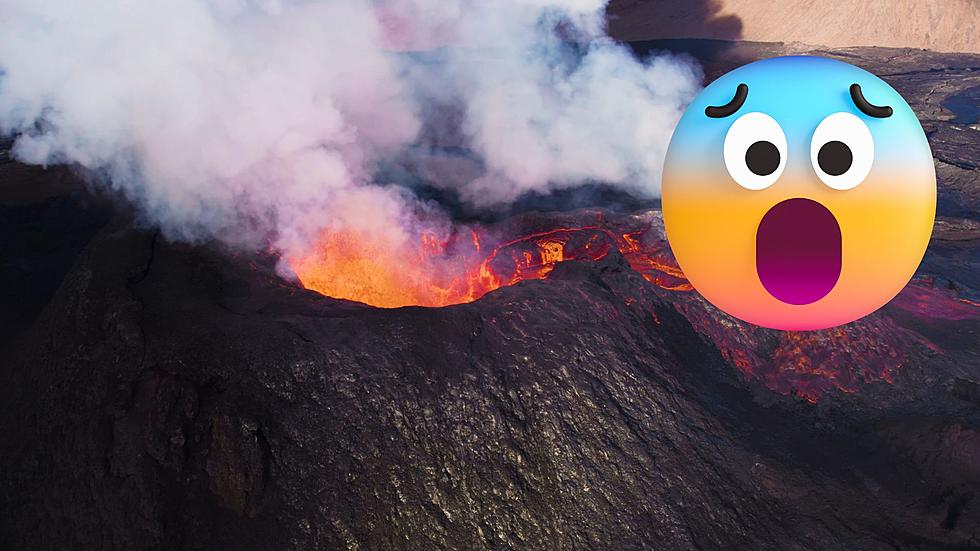
It’s Time For North Dakota To Do Away With Daylight Saving
If there is one thing everyone loves as the days are growing shorter, its waking up when it's dark and going home when it's dark again, thanks to Daylight Saving Time.
According to polls, most Americans don’t like changing the clocks twice a year, and the days after the switch are often a turbulent time for public health.
The idea that brighter evenings and darker mornings might improve public health has not received much attention, partly due to the difficulty of carrying out nationwide studies on the subject. In actuality, a lot of relevant studies are constrained and occasionally incoherent.
Still, a sizable contingent of academics, corporate executives, and legislators from both parties have voiced their support for a permanent conversion to daylight saving time for the majority of Americans.
Currently up for vote in a few places is legislation aimed at "locking the clock." That is to say, they want to do away with the twice-yearly clock change and maintain daylight saving time year-round.
Six states that are trying to "lock the clock" include:
- Michigan
- Wisconsin
- Ohio
- Illinois
- Indiana
- Pennsylvania
Arizona and Hawaii currently do not practice the Daylight Saving Time ritual.
According to Wikipedia, the Uniform Time Act of 1966 stands in the way of North Dakota being able to "lock the clock."
The law, as originally written, required states that observe DST to begin it at 2 a.m. local time on the last Sunday in April, and to end it at 2 a.m. local time on the last Sunday in October and explicitly preempted all state laws related to daylight saving time per the weights and measures power given to Congress in Article 1, Section 8 of the U.S. Constitution. In 1972, the act was amended to allow states with more than one timezone to exempt only one timezone from DST, in addition to exempting the whole state.
Unless the Federal Government repeals the Uniform Time Act, it appears that North Dakota is stuck in the useless and potentially harmful clock-change.
More From KEYZ AM 660









